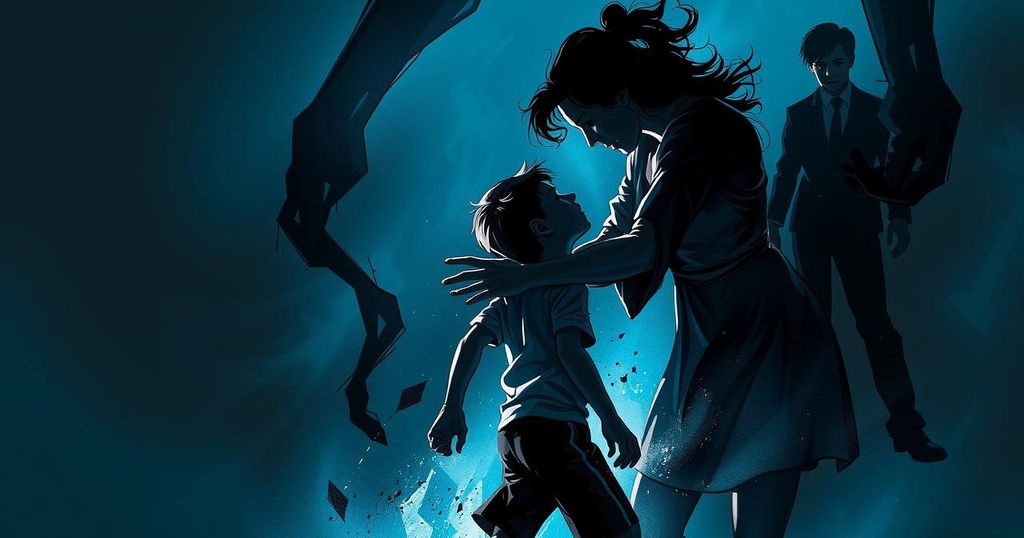Man Acquitted After Killing His Mother in Witchcraft Row

- Amad Nyathi was acquitted of culpable homicide after killing his mother.
- The incident revolves around a domestic struggle over witchcraft accusations.
- Witnesses overwhelmingly supported Nyathi’s claim of acting in self-defense.
Man Acquitted After Tragic Incident Involving Witchcraft Claims
A Bulawayo man, Amad Nyathi, recently acquitted after killing his mother, found himself a free man after a lengthy legal saga. The incident, which occurred on January 13, 2017, involved a shocking confrontation stemming from longstanding family tension over allegations of witchcraft. Nyathi, 47, faced serious charges of culpable homicide following the tragic death of his 69-year-old mother, Sikhangele Nyathi, in circumstances that left the community bewildered.
Court Details Bizarre Altercation That Led to Death
During the court proceedings, presiding magistrate Matthew Mutiro noted that Nyathi acted in self-defense amid a violent altercation with his mother, who was believed to be possessed by malevolent spirits. The court heard that tensions escalated drastically when Nyathi invited self-proclaimed prophets to their home. These prophets purportedly claimed that his mother had been responsible for several mysterious deaths within the family, leading to the burning of her “altar garments” as a form of cleansing, which ignited her fury, ultimately resulting in the fatal encounter.
Witnesses Support Claims of Self-Defense
Witnesses also provided damning testimonies about the severity of the altercation. Neighbors recounted scenes of horror as Nyathi fought back against his mother, who allegedly attacked him with a walking stick, threw bricks, and even physically assaulted him by grabbing his genitals for an alarming duration. Siphathisiwe Mhlanga, a neighbor, affirmed Nyathi’s version of events, describing how she witnessed him fleeing from their home while bleeding from his head, pursued by his mother wielding a stick. The court ultimately sided with Nyathi, concluding he was justified in his actions during that chaotic night.
In conclusion, the court ruled in favor of Nyathi, citing self-defense as the impactful factor behind his acquittal. The case highlights the tragic circumstances surrounding family conflicts fueled by beliefs in witchcraft and possession, profoundly affecting the lives involved. This acquittal underlines complex issues related to mental health and the dynamics of familial relationships, raising questions about beliefs that can escalate to violence.








